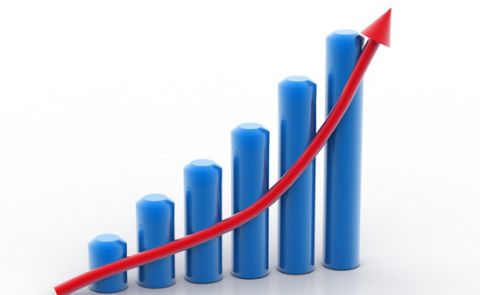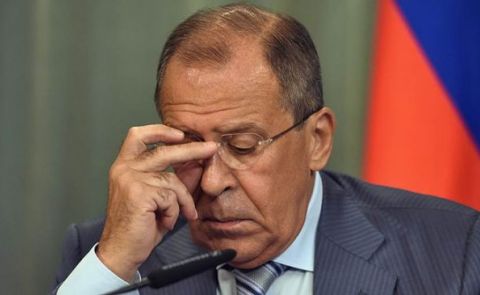
Ruben Mehrabyan։ Russia needs incomplete, weak, dependent Armenia

An exclusive interview of "Caucasus Watch" with Armenian political analyst Ruben Mehrabyan.
Mr. Mehrabyan, have the global players shifted in the South Caucasus after the Velvet Revolution in 2018? If so, how they have changed their policy in the region?
Something has changed and something not. Russia continues to implement its neo-imperialist strategy. The European Union and the US are not very active in the region, as they do not want to provoke Russia one more time. That has not changed. And after the Velvet Revolution, they have started to raise the issue of changing the quality of… foreign policy. In that context, the protection of sovereignty is important for Armenia. It’s clear that the clash with Russian neo-imperialism is unavoidable and we are witnessing it.
Can we conclude that Russia and relations with Russia are the only “barrier” for the EU and the US?
Russia has played and continues to play a destructive role in the region. And I think the resistance by the West is not as active and effective.
Has Russia’s policy changed and how it affected Russian-Armenian relations?
Russia is engaged in a multilayer hybrid war against the Armenian government mainly by way of an informational component. And Armenia resists it. Furthermore, it resists without confrontation in order to stop these hostile actions from having a destructive effect on Armenia.
But Russia is considered to be Armenia’s ally.
Let’s differentiate that Russia officially announces something but actually it can do the exact opposite. Duality is traditional for Russia’s politics. In that sense, Armenia develops its policies by taking into consideration the regional events. It tries to take advantage of the positive factors and neutralize the negative ones. In that sense, Armenia is in a very difficult situation… regarding the military-political factors, energy policy, foreign economic activities, problems related to transportation, etc. And we see that Russia is using these difficulties for its benefit trying to tear down the sovereignty of Armenia.
Russia is also one of the co-chairs of the OSCE Minsk Group and is involved in the meditation of the negotiation process of the Nagorno-Karabakh conflict. And recently Foreign Minister of Russia Sergey Lavrov made some announcements about the conflict mentioning the “phased approach”. Has Russia’s position changed in terms of conflict?
Strategically Russia’s politics in the region regarding the Nagorno-Karabakh conflict has not changed a lot. This conflict is vital for Russia to maintain its regional power. In that context, the Nagorno-Karabakh conflict is a key conflict, it’s the central conflict of the region. On the other hand, Russia has changed its tactics. As Armenia has a legitimate government, it acts much more confidently in the negotiation process. Russia has intensified its activities in a tactical sense to neutralize the confidence of Armenia. Russia needs an incomplete, weak, dependent Armenia. And Russia is taking steps to achieve its goal. And Lavrov’s statements were obviously were in favour of Aliyev’s bellicose politics.
Talking about the politics of global powers in the region you did not mention China. What role does it have in South Caucasus?
China pursues a policy of deepening and expanding its relations with all the regional subjects, especially in the economic sphere. And in that context, China is interested in avoiding war. But we can’t say that China has undertaken a special mission in the negotiation process of the conflict. China is trying to make a profound impact here. And in that sense, regional subjects are trying to use the Chinese factor for their benefits. Particularly, Georgia signed a free trade agreement with China. Armenia aims at developing economic relations with China, and both countries have announced a visa-free regime. Armenia hopes that thus it can attract investments. Azerbaijan tries to implement projects aimed at transportation. So, it is based on mutual benefits.
You have already mentioned that Armenia tries to attract investments from China. What opportunities does Armenia have?
Asian markets are of great importance for Armenia’s external economic diversification. And it is not only China. The path opens through the territory of Iran. The Iranian market, the market of Persian Gulf countries, the Indian market, the markets of Indochina countries are promising for Armenia. And Armenia has tried to establish a special regime of relations with Singapore. And also markets of China, Japan, South Korea. It is virgin land, which requires a lot of action and works from the Armenian side. In that sense, yes, it is a very promising direction.
And are there any challenges?
Eventually, they are powerful countries. And the most important challenge is that Armenia should not let itself be swallowed up by those relations to avoid unilateral dependence. That is to say, Armenia needs to make sovereign decisions, and decisions which are based on strengthening its sovereignty and not losing its sovereignty. Relations with Russia are a great lesson of what can happen if the balance of interests is disturbed in favour of the opposite side.
Interviewed by Ami Chichakyan
See Also

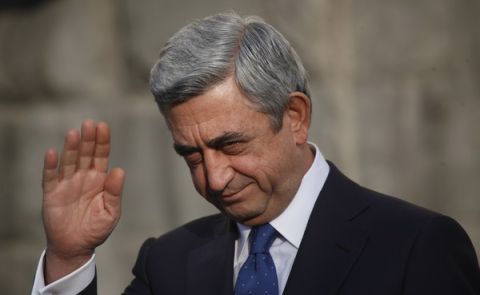
Serzh Sargsyan Rejects Charges, Backs Impeachment, and Warns of Secret Deals
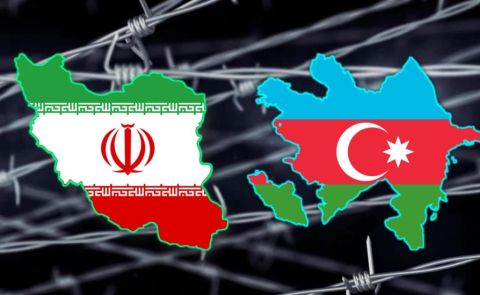
Azerbaijan Confirms Execution of Terrorist Behind Embassy Attack in Iran
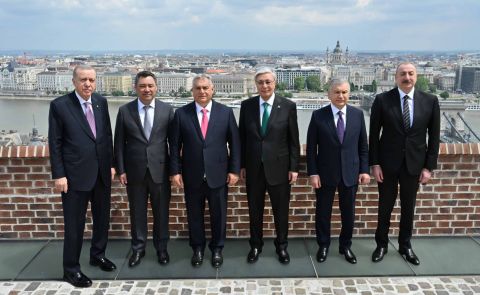
Turkic Leaders Adopt Budapest Declaration, Emphasizing Peace, Trade, and Digital Connectivity
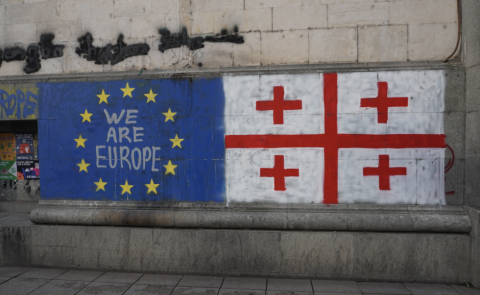
International Officials Criticize Georgian Dream Amid Democratic Concerns
